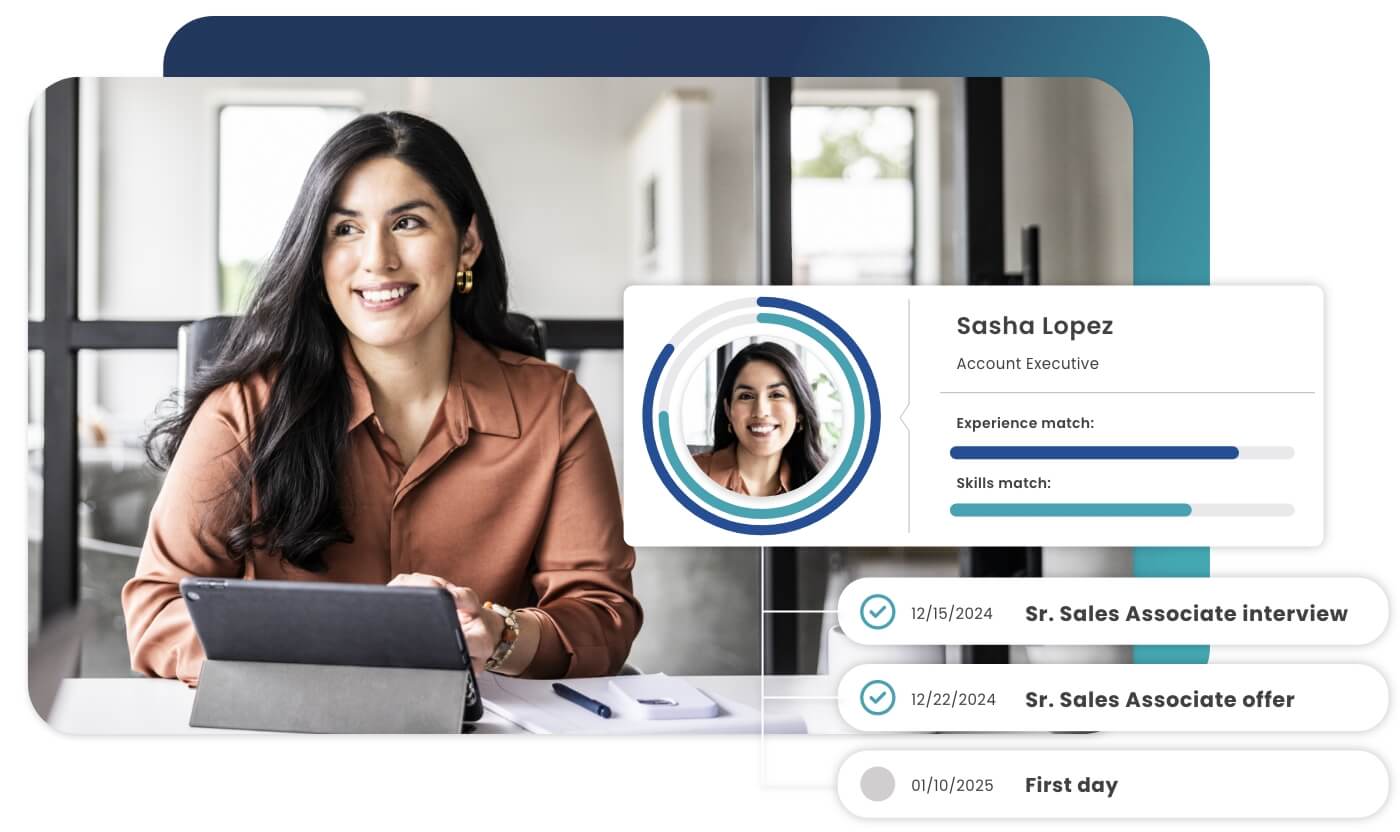

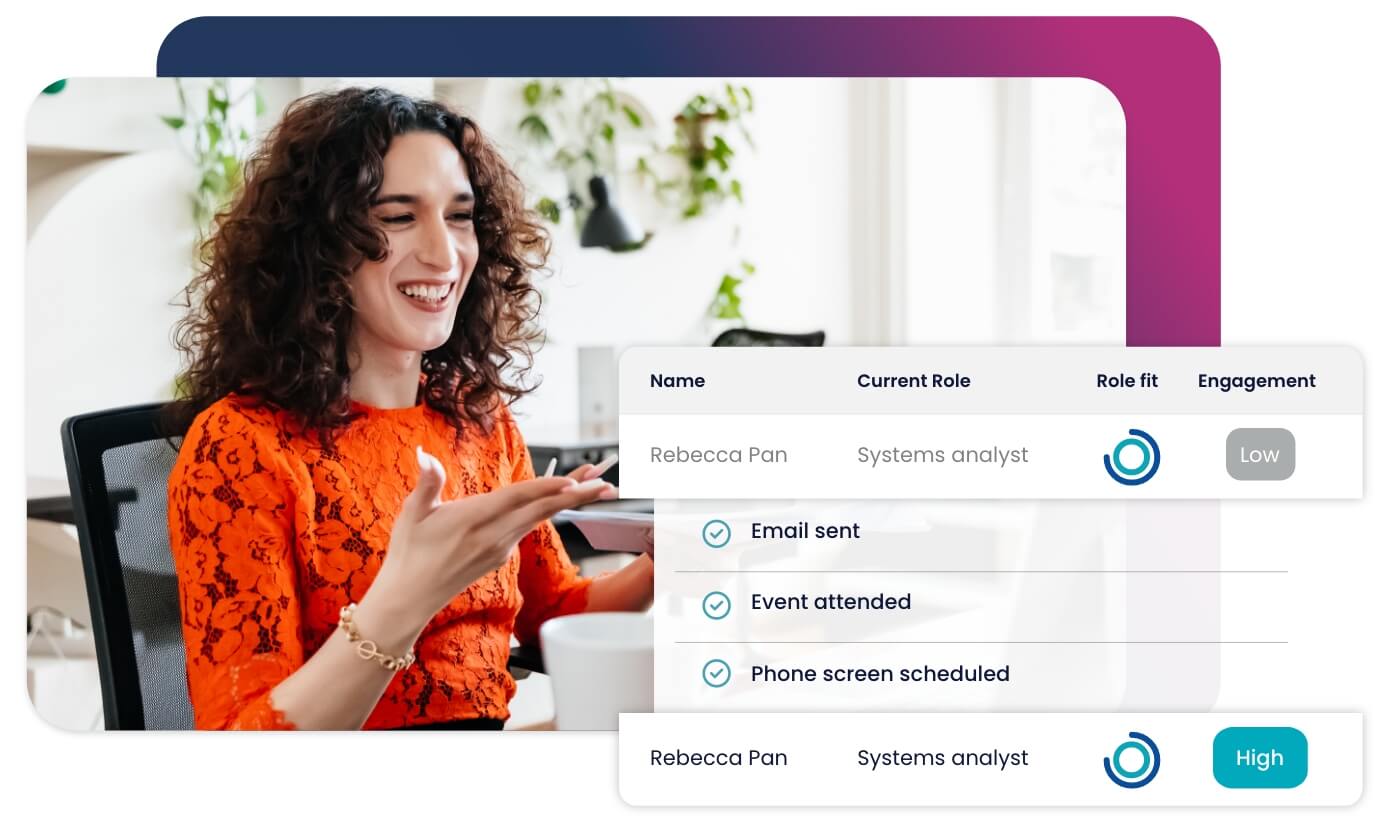
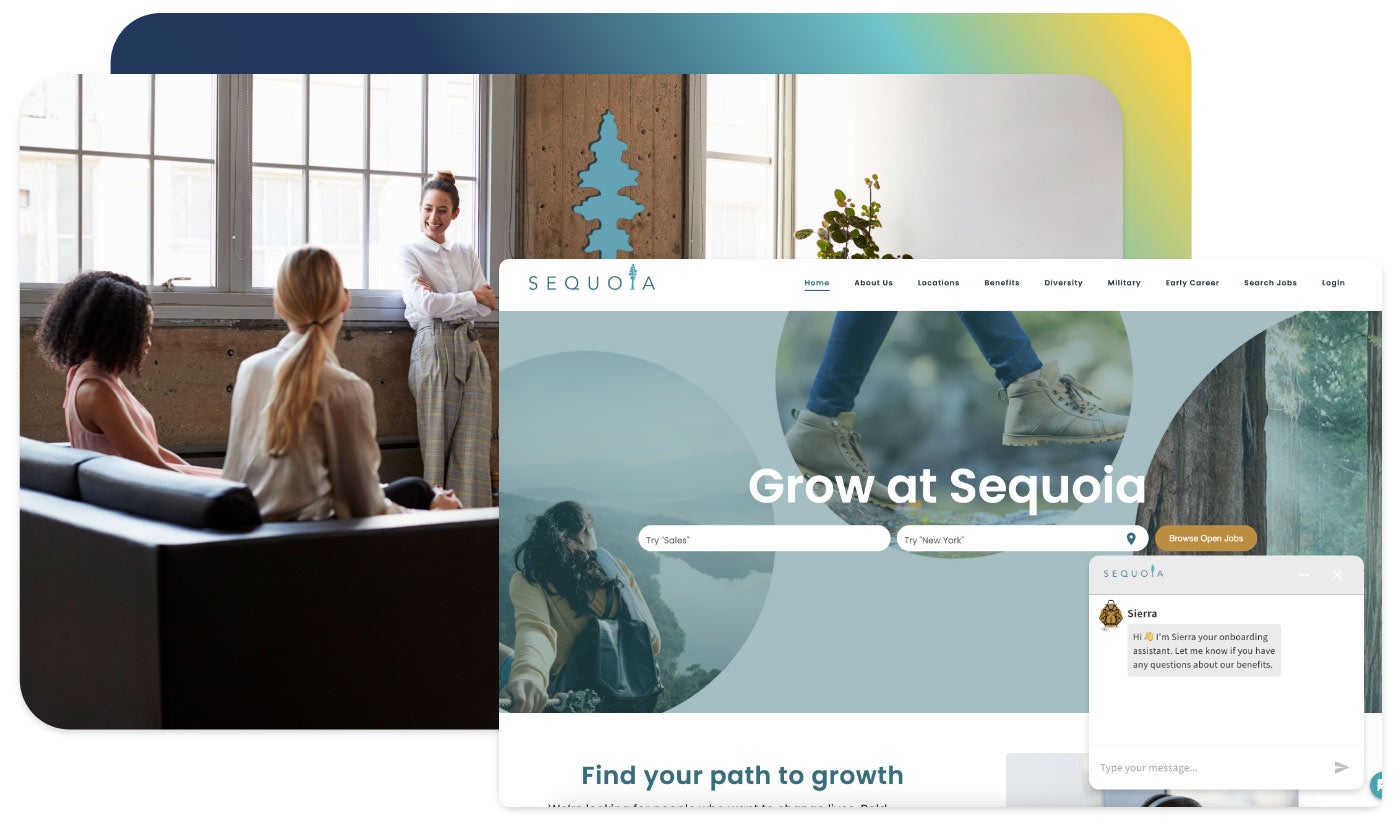


Accelerate hiring key talent to deliver care and exceed patient satisfaction.

Attract skilled candidates, speed up hiring and grow expertise in your workforce.

Simplify recruiting finance and banking talent with a platform for hard-to-fill roles.


Build a talent pipeline that engages and drives your business forward.


See how diverse and global enterprises use iCIMS to employ millions, drive innovation and connect communities worldwide.

Learn how a beloved restaurant hires 40,000+ annually with a great candidate experience.
Uncover unique market insights, explore best practices and gain access to talent experts across our library of content.


View press releases, media coverage, the latest hiring data and see what analysts are saying about iCIMS.

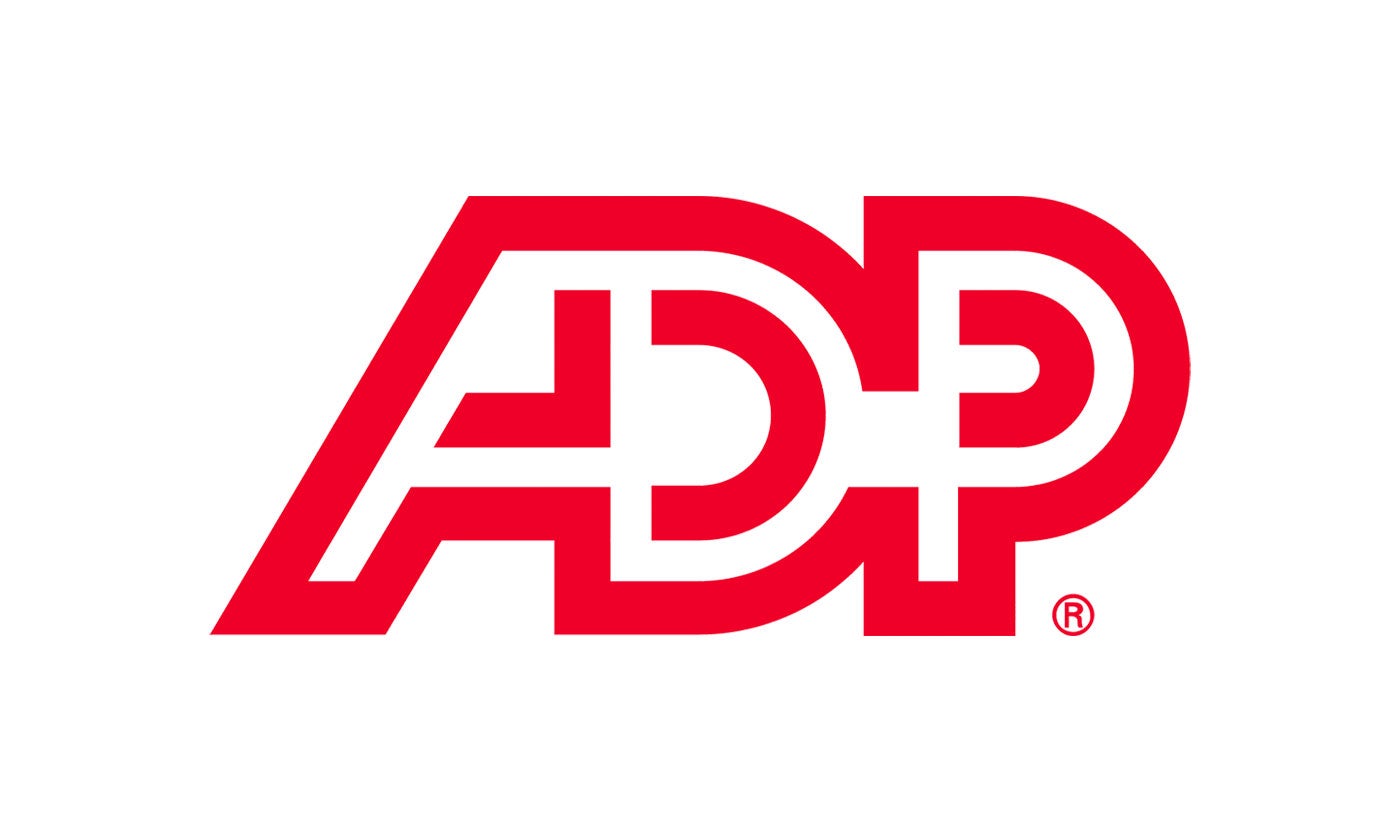
Streamline your tech stack and take advantage of a better user experience and stronger data governance with ADP and iCIMS.
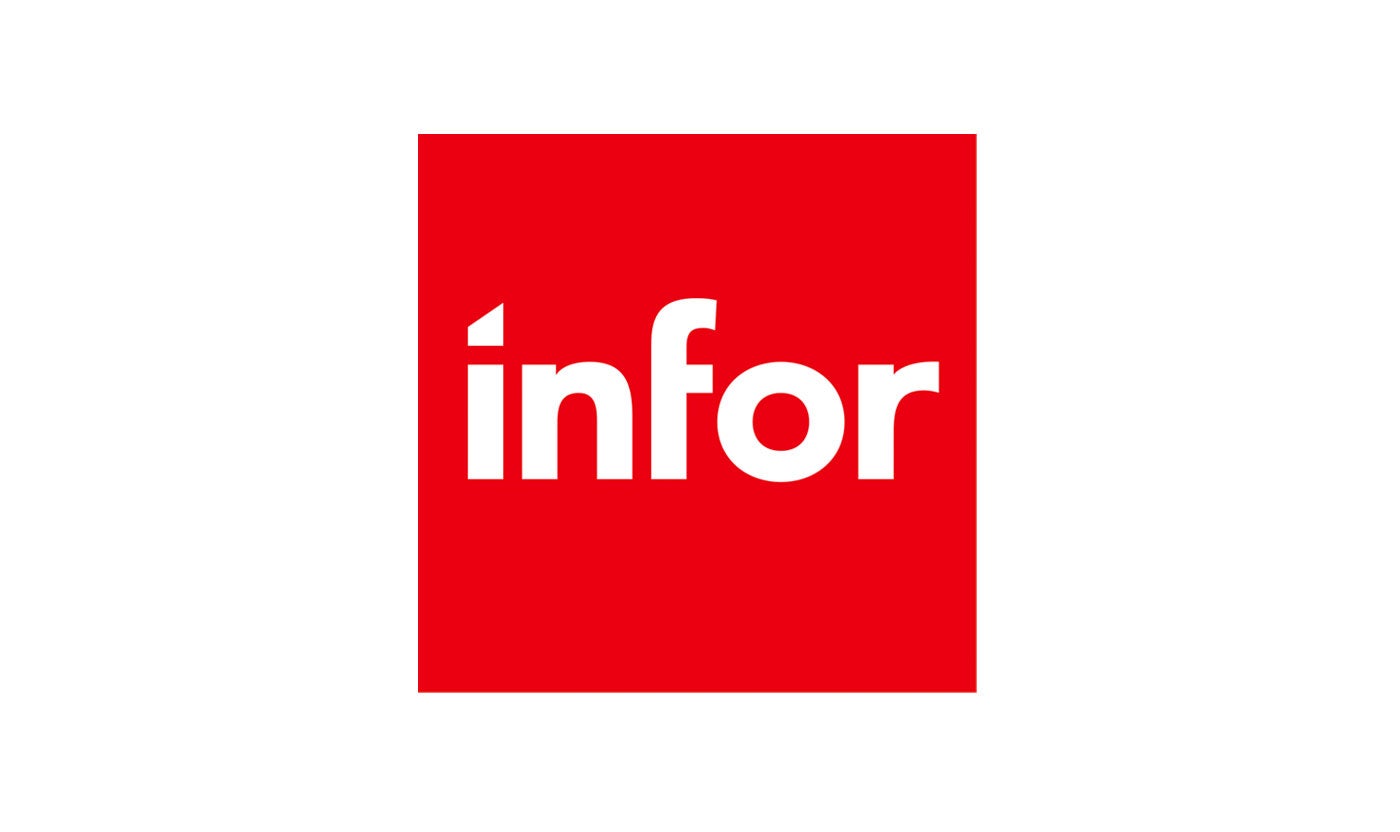
The combined power of iCIMS and Infor helps organizations strategically align their business and talent objectives.
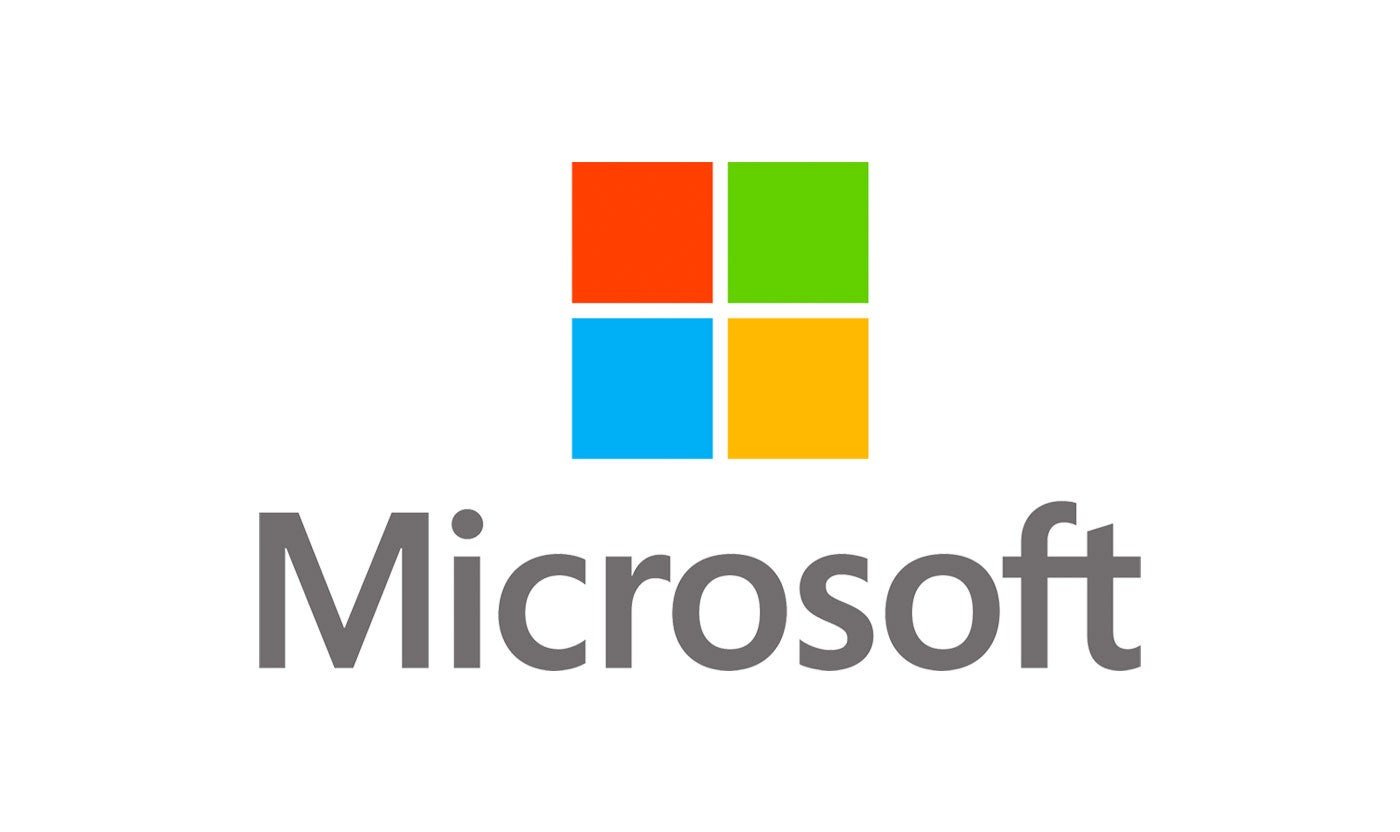
Our award-winning partnership with Microsoft is grounded in a shared desire to transform the workplace and the hiring team experience.
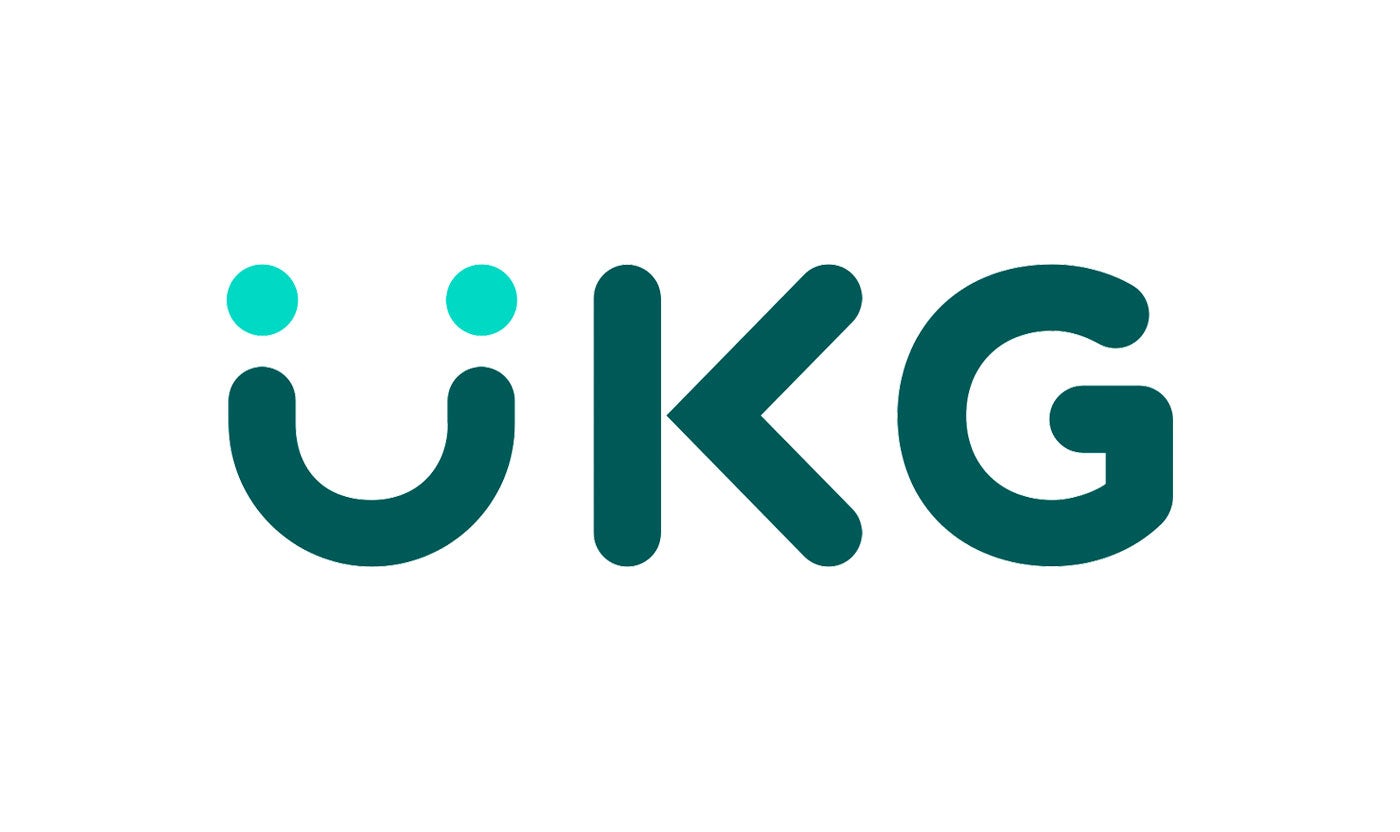
Our partnership with Ultimate Kronos Group (UKG) supports the entire talent lifecycle by bringing frictionless recruiting solutions to UKG Pro Onboarding.

What is the future of work? It’s getting harder to predict in this ever-evolving business landscape. But if the expectations of recent college graduates are any indication, the struggle is about to get real.
Entry-level hiring is on the rise with 54% of HR professionals saying they’re hiring more than last year however, some of today’s candidates aren’t on the same page in terms of what they want from an employer during the hiring process and in the workplace. U.S. college seniors, for example, expect salaries 20% higher than what many organizations plan to pay.
These new expectations and evolving priorities can make it hard for talent acquisition experts to anticipate and address the needs of potential hires, especially those graduating and starting their careers during the pandemic.
So, what does the next generation of the workforce want from employers? We dug into that wish list in our most recent research. We looked at how recent college graduates are finding their way in today’s workforce in the U.S. and France in our Class of COVID-19 and Promo COVID reports. And we delved into job sentiment in our U.K. State of Talent report. Combined, these reports offer a broad view of global perspectives on work, and the findings may surprise you.
Get a better understanding of the next generation of our workforce. Read the iCIMS Class of COVID-19 report. Get a better understanding of the next generation of our workforce. Read the iCIMS Class of COVID-19 report.
Let’s explore what job seekers’ expectations could mean for the future of work:
The desire to be onsite is even greater globally. Seventy percent of survey respondents in the U.K. said they work onsite, and 31% prefer being there full-time. In France, just over half of students and graduates (54%) prefer hybrid working environments, and 8% of recent graduates expect to work fully remote.
Employees need modern technology and processes to be productive and connected regardless of where work occurs. When employees are in the office, employers should ensure those visits are purposeful – whether for training and development, collaboration with coworkers, or to team build and network with peers. These activities can be challenging in a remote setting and go a long way towards introducing and incorporating new employees into the company culture.
Thirty-six percent of graduates in France want to prioritize personal time. Flexibility is still essential, but only 19% of those surveyed in the U.K. and 6% in the U.S. indicated that they would seek new work because of a lack of flexibility in their current roles.
The evolution of work and digital transformation will require leaders to rethink what work and productivity look like. They will also need to help employees develop the soft, technical, and transferable skills necessary to keep the workforce moving forward.
For all the talk about job-hopping youngsters, our survey found that older workers were most likely to consider switching employers.
Talent acquisition leaders and hiring managers might note that new employees want to stay and succeed. Organizations can make that easier with recruiting, onboarding, and talent mobility strategies that use AI, automation, and communication tools.
As talent acquisition leaders recruit, and hiring managers seek to retain, they should reinforce the organization’s mission and how the individual jobs contribute to that purpose.
That’s also true in the U.K., where 31% of those surveyed expect employers to provide mental health support, and in France, 38% of new grads feel the same. More tellingly, 35% of adults in the U.K. and 36% in France expect to be able to talk about mental health openly in the office.
In our survey, talent acquisition leaders indicated that today’s entry-level job candidates had unrealistic expectations about job flexibility, starting salary, and culture. Yet the candidates conveyed strong positions on what mattered to them and what they needed to thrive within a role.
The hiring process is the first step of a person’s potential career, and the experience they have sets the tone. Companies that prioritize creating an open dialogue around career growth, mobility, and mission – from the beginning – will have a greater chance at winning the hearts of their new, younger employees. Regular touchpoints from HR and hiring managers can facilitate these conversations and help employees begin their search for their next opportunity within their company.
Learn more about the next generation of our workforce. Read the iCIMS Class of COVID-19 report.





